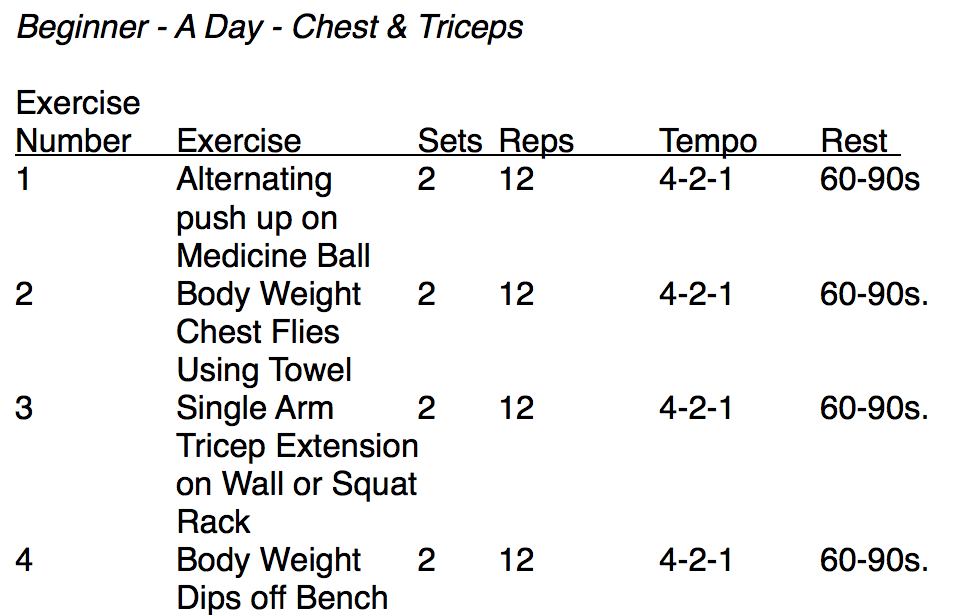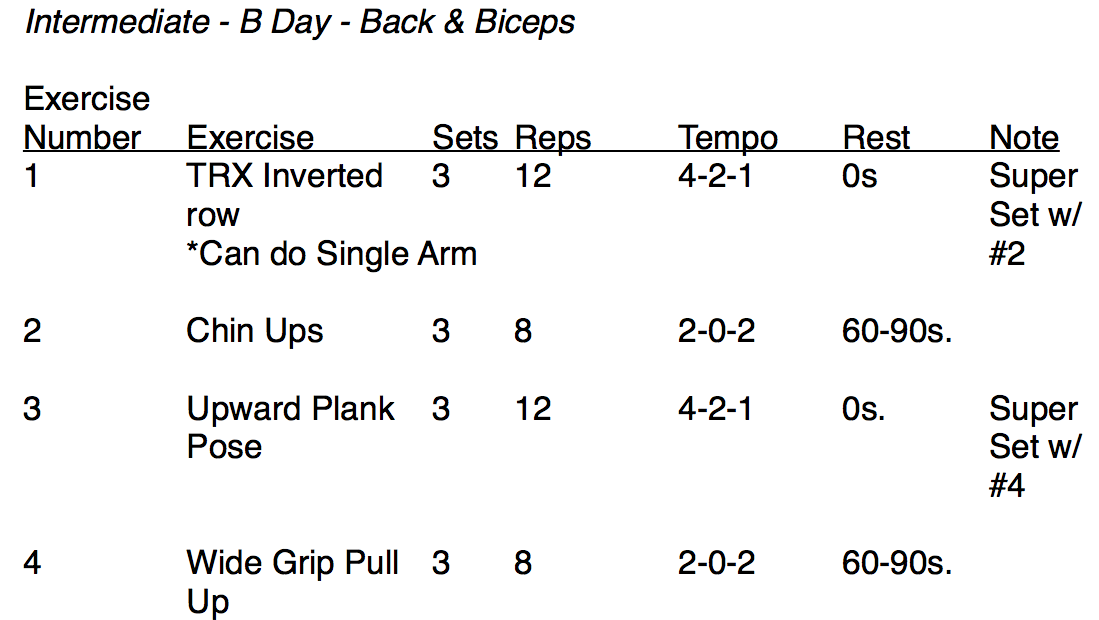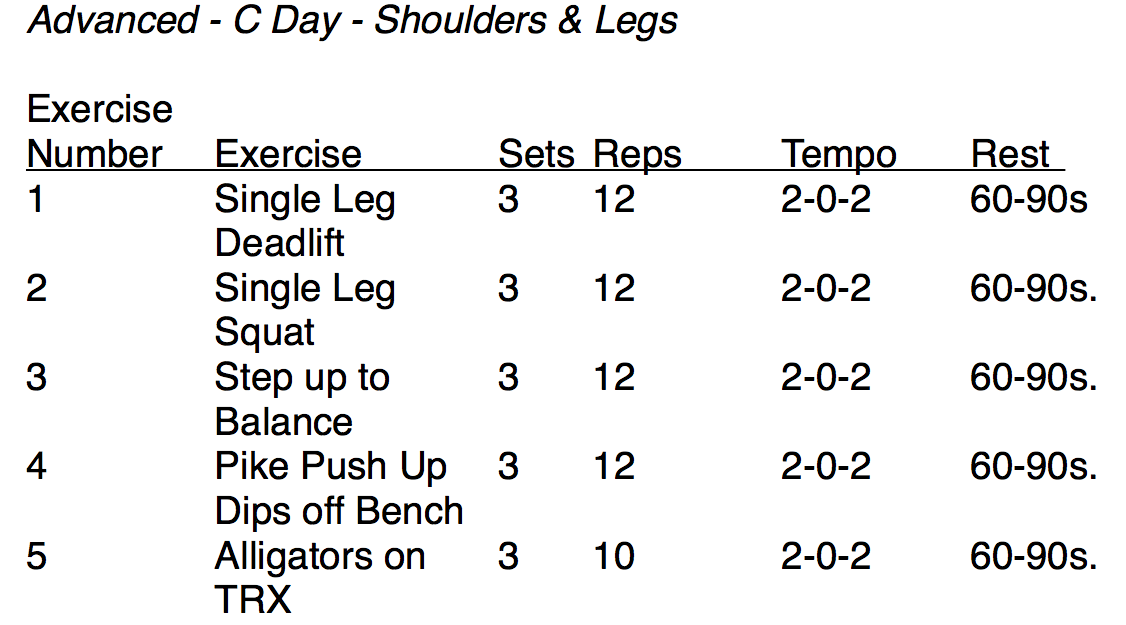Your muscles work like a Tug of War or setting up a tent. If one side of the rope or string has kinks in it (like your muscles do from repetitive use, posture, cell phone usage), the middle of the rope in the Tug of War example or the tent in the setting up a tent example will be pulled to one side or another. Thats the same thing that’s happening in the joint when you and your clients have overactive and under-active muscles.




These calisthenics workouts take body weight exercises to a new level. They are designed to employ unilateral (single arm, single leg) exercises as much as possible. You and your clients may have already delved into calisthenics exercises; burpees, jump squats, clapping push ups, etc. But, DO YOU EVEN SINGLE LEG, BRO? I’m impressed when someone cares enough about take care of their body. Anyone can get under a bar, on a bench and move a weight from one spot to another.
Not everyone can control their own body weight through space, which is why you see a lot of injuries and muscular imbalances. Muscular imbalance is when a muscle on one side of the bone is pulling tighter than the muscles on the other side of the bone. This pulls the bone to one side or another creating a misalignment within the joint. Prolonged misalignment in the joint creates inflammation and eventually injury or permanent reduced range of motion. Performing single leg or single arm exercises reduce overactivity of tight muscles while recruiting under-active muscles.

https://www.nfpt.com/blog/3-corrective-calisthenics-workouts-beginner-intermediate-advanced-2
Click Here For More Articles

No comments:
Post a Comment